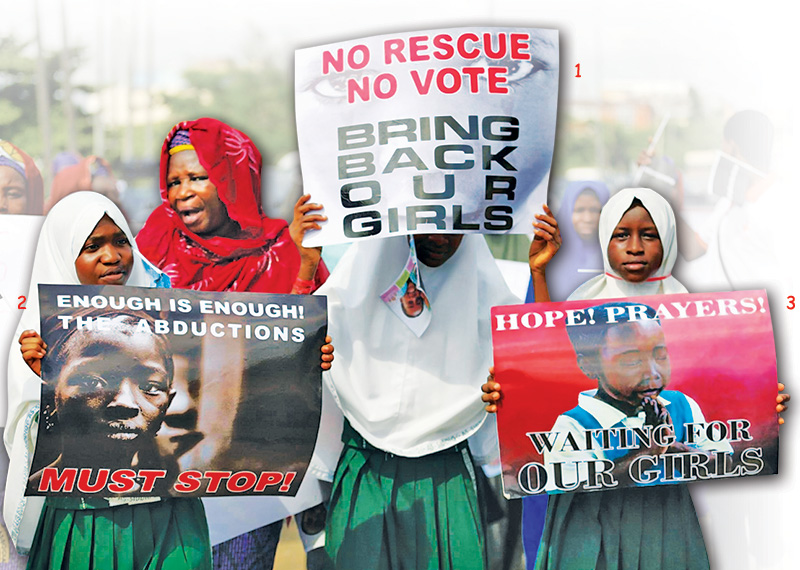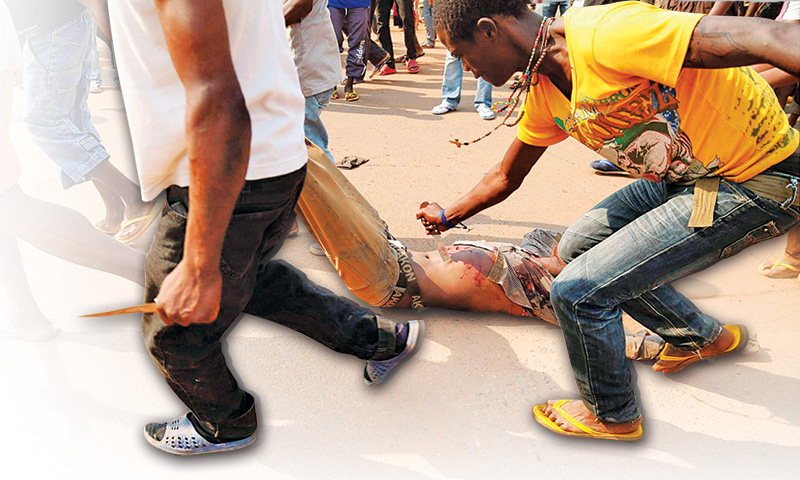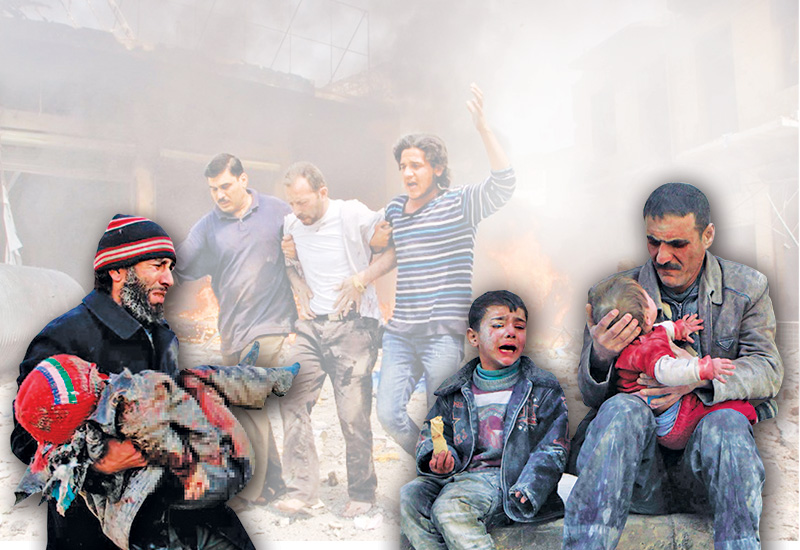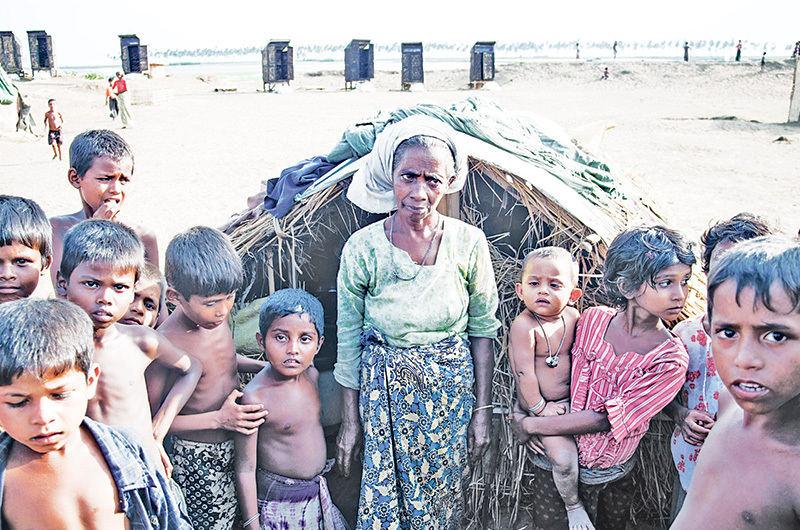Bigotry: The Dark Danger
Beautiful Rohingyas

DOWNLOAD THE BOOK
CHAPTERS OF THE BOOK
- Introduction - When the Migration Wave Starts to Wash Ashore
- Chapter 01 - Open Letter to the Burmese (Myanmar) Administration
- Chapter 02 - Events in Myanmar Are Crime Against Humanity
- Chapter 03 - A Cry for Help to the U.N. from Rohingya of Myanmar
- Chapter 04 - Behind the Persecution in Myanmar
- Chapter 05 - Myanmar Should Beware of Radicalism
- Chapter 06 - Deafening Silence over Rohingya Issue
- Chapter 07 - Rohingya People Ignored by Myanmar Government
- Chapter 08 - Why Does the World Turn a Blind Eye on Children's Cries Coming from a Far Corner in Southeast Asia?
- Chapter 09 - Are the Rohingyas Doomed to Remain Stateless?
- Chapter 10 - The Rohingya Muslims Are Being Exiled in Their Own Lands
- Chapter 11 - Differences Can Become Richness
- Chapter 12 - What If You Didn't Have Even an Inch of Land to Live on in This World?
- Chapter 13 - Not the Rohingya Crisis, but a Crisis of Humanity
- Chapter 14 - Are the People of Rakhine Condemned to Be Oppressed in the Countries to Which They Flee?
- Chapter 15 - Being a Muslim Woman in Myanmar
- Chapter 16 - How Does It Feel to Be a Rohingya?
- Chapter 17 - Small Steps That Could Make a Big Difference
- Chapter 18 - The Only Solution to the Refugee Crisis That Shook the World
- Chapter 19 - Rohingyas' Uncertain Fate Post-Polls
- Chapter 20 - Time for Global Community to Step up for Myanmar's Muslims
- Chapter 21 - Humans Have Rights on Paper, but Apparently Not in Real Life
- Chapter 22 - The Forgotten Rohingya
- Conclusion - Unity among Muslims Is the Most Vital Issue
< <
18 / total: 24
Chapter 17 - Small Steps That Could Make a Big DifferenceThis article was published on Arab News on July 18th, 2014 and on The Bosnia Times on August 8th, 2014 Thanks to the power and effectiveness of social media, reports about events taking place at any corner of the world reach us in just seconds. It has become much easier for the disenfranchised to make their voices heard and to draw world's attention to a host of issues through various social media platforms. If used appropriately, social media could prove to be an effective tool for setting society into action and above all in the right direction. Of course, there is no dearth of people who use social media to spread hatred and radical ideas but this writer wishes to focus on the positive aspects of social media, its strengths and effectiveness and as to how it could be used to stir public conscience. It concerns people who use social media as a means of waking people up, but who lack perseverance. Observers may recall how social media came to prominence, particularly thanks to Michelle Obama, when Boko Haram, the Nigeria-based terror organization, kidnapped more than 200 schoolgirls in April 2014. The whole world rose up, politicians discussed the subject and commentators wrote about it in their columns; people used social media day and night in an effort to have the girls returned. Some three months have now gone by, and the escape of 54 of the young girls from the clutches of Boko Haram has received little coverage. The remaining girls are still in the custody of Boko Haram, which has recently affiliated itself to the self-ascribed Islamic State (formerly known as the Islamic State for Iraq and the Levant). But this is a story that has lost popularity for many and the voices raised are weak. Nothing much has changed in Nigeria; Boko Haram is still kidnapping people and spilling blood.
Remember Abdul Quader Mollah, leader of the Jamaat-e-Islami, who was sentenced to death in Bangladesh. A wide social campaign was started to have the execution halted. The sentence was postponed because of the campaign, but when the voices on social media began falling silent again, this encouraged the government to execute the old man. Time has passed, and everyone has gone back to his or her usual routines as if this filthy system in Bangladesh had come to an end. Nobody seems interested in the fact that 14 members of the same political group have also been sentenced to death. People with no right to life inside a degenerate system have been forgotten, just like the others. The Central African Republic (CAR) also became a hot issue on social media in the wake of the killings of Muslims in cold blood; do not be surprised that nobody is discussing it now. Despite the peace talks at the 23rd African Summit, 70 more Muslims were slaughtered at the beginning of this month, and 14,000 people had to flee to neighboring countries in one week. The CAR has been all but forgotten on social media yet innocent people are still living in the midst of a terrifying civil war.
The number of dying people cannot be considered only as death tollsThe death toll in Syria, where violence is perhaps at its worst level, has now begun being cited as a monthly statistic; very few groups are now trying to make their voices heard and to find a solution to Syria any more. Babies are shown being dragged from the rubbles on the mainstream media, and social media simply shares monthly statistics. How many people do you think know that around 273 barrel bombs have been fired at Aleppo alone since the start of Ramadan? The same thing applies to communities such as the Rohingya Muslims, which has suffered this tragedy for decades. We saw the truth about the Rohingya Muslims when the Myanmar junta, which had been largely closed to the outside world, was replaced by a semi-civilian administration in 2011. The world became aware of the slaughter in 2012 by this means, and was stunned to witness the genocidal savagery being meted out to the Muslims of Myanmar. Certainly there are admirable people trying to raise awareness of Rohingya on the social media but no large communities supporting those people in a determined manner have ever emerged. So the situation in the region has not changed; the Rohingya Muslims are still stateless, deprived of their human rights and living under oppression. Major ASEAN countries, the global Muslim community and the superpowers are still silent. This is certainly not the end of the list; nothing has changed in Iraq; in Africa, which has long been fighting hunger, AIDS and now an unprecedented Ebola outbreak; not in Pakistan, Afghanistan and Yemen, countries that are facing numerous drone attacks and internecine warfare. The only thing that has changed is the focus of people's interests on social media. The reaction to violence, oppression and injustice must not be limited to just a few hours or days, particularly when the violence is persistent and worsening.
Remaining silent means conniving with the oppressionThose who say, "What good can I do?" are mistaken. People have to make their voices heard on matters to which states and governments cannot find solutions. People coming together in alliance can have a more powerful effect than NATO or the United Nations (UN). Silence is equivalent to supporting evil, even if the person has no such desire. The voice of the majority prevents those who commit evil keeping themselves concealed and is also a form of prayer but that voice must be powerful and constant against every form of wickedness. Subjects that trouble us when we first hear about them must not be allowed to die down over the course of time. However, we can only take effective action when we are rid of the mindset that regards the rivers of blood and death in the Middle East and Africa as mere statistics, and when we feel the responsibility for every life lost. We must be determined, perseverant and constant on this subject. A voice we raise to the world may one day lead to systems changing for the better. Let nobody forget that this is a prayer; it will happen if God so chooses.
Şüphesiz Allah, adaleti, ihsanı, yakınlara vermeyi emreder; çirkin utanmazlıklardan (fahşadan), kötülüklerden ve zorbalıklardan sakındırır. Size öğüt vermektedir, umulur ki öğüt alıp-düşünürsünüz. (Nahl Suresi, 90)
|
18 / total 24
You can read Harun Yahya's book Beautiful Rohingyas online, share it on social networks such as Facebook and Twitter, download it to your computer, use it in your homework and theses, and publish, copy or reproduce it on your own web sites or blogs without paying any copyright fee, so long as you acknowledge this site as the reference.





